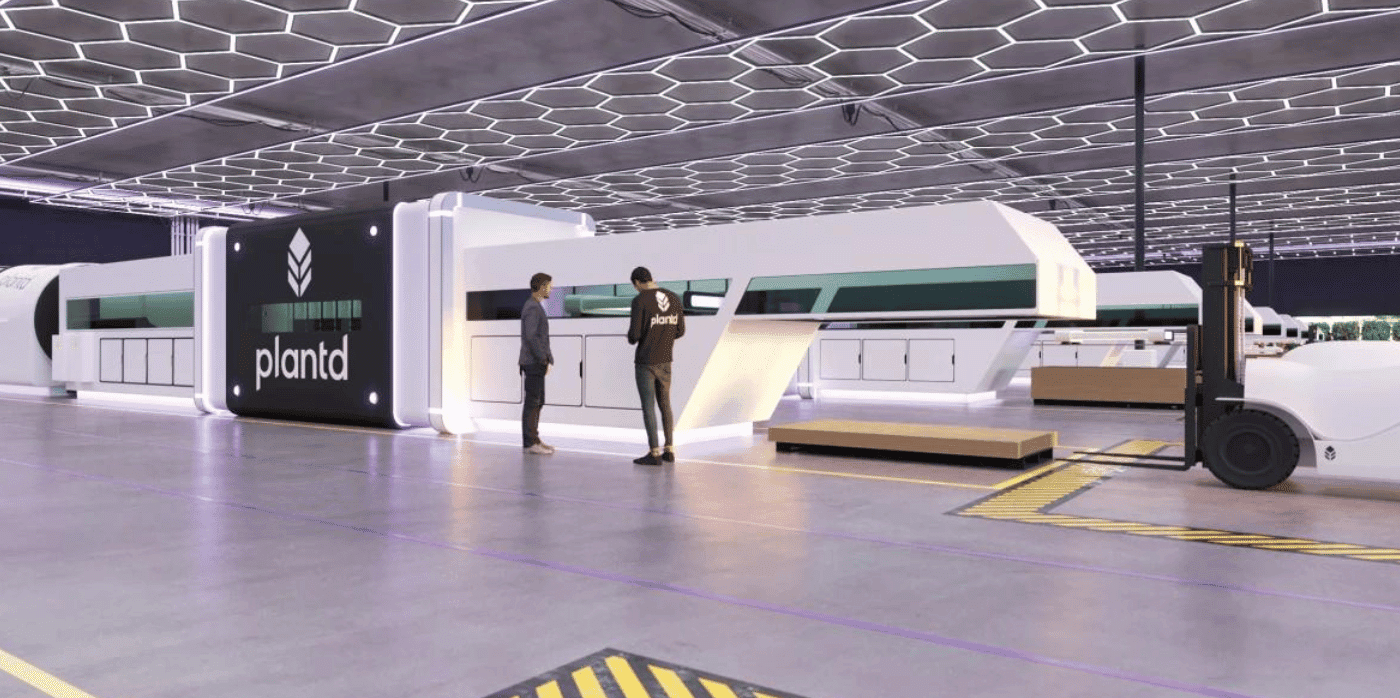
Spotted: Fast-growing grasses that are turned into construction panels use nine times less land than traditional timber products. With the global engineered wood market projected to be worth over $400 billion by 2027 (around €374 billion), the potential of new grass-based panels to help decrease the construction industry’s footprint is significant. A culmination of more than 20 years of research and development, biotechnology company Plantd’s panels are carbon negative and produced in all-electric manufacturing plants.
Using a perennial plant called giant reed grass, Plantd’s process is designed for easy scalability and minimal resource use by farmers. Giant reed grass grows 20 to 30 feet tall, and a single acre of land can produce up to 20 million tonnes of grass, which would contain 25 to 30 million tonnes of atmospheric carbon. The boards made from these grasses are lighter, stronger, and more moisture-resistant than traditional wood boards. And because Plantd’s production process sequesters 80 per cent of the carbon contained in the grasses, the boards are also carbon negative.
The manufacturing plants are modular and capable of producing multiple products, including panels and studs, from a single location. Modularity makes it easy for production to scale up or down depending on location and market size, and as all-electric plants, the process produces minimal carbon emissions. Because the grass can be farmed on arable land already in use, the switch from timber products to grass panels could also help reduce deforestation.
Springwise has spotted other recent innovations focused on transforming the construction industry, including wood-based biocomposites, and the first-ever carbon negative portland cement.
Written By: Keely Khoury

